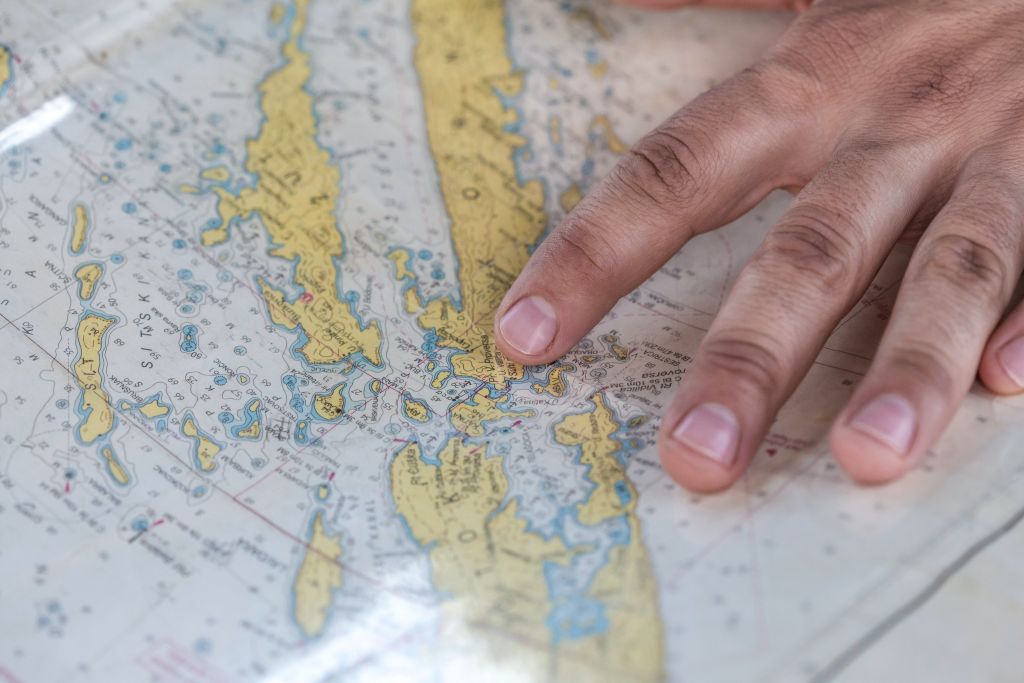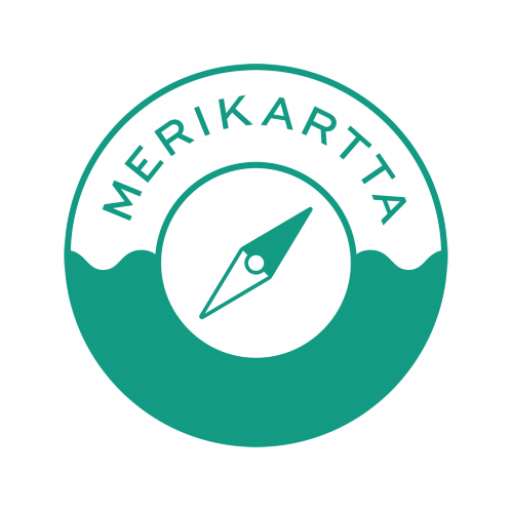Merikartta (nautical chart) for a sustainable future

Text originally published by Sitra on 9.12.2020
Marine ecosystem
The seas and their ecosystem are vital for our planet. For many of us, the sea is a source of livelihood, through either food production, trade, or transport. The seas act as the planet’s lungs. They are also the largest active carbon sink, and as such they play a central role in climate regulation.
The seas of the world are not well. Many of them, like our own Baltic Sea, have suffered as a consequence of human activity. The greatest threat to the Baltic Sea is considered to be eutrophication, which has resulted in algae blooms every summer. The cause is run-off from a much larger area, as the Baltic Sea is surrounded by 14 countries, home to about 90 million people. Both nutrients and environmental toxins have been spilled into the Baltic Sea from coastal countries for many years.
Climate change causes sea level rise. This is happening even now, causing changes in populated areas and people’s livelihoods. Acidification, littering, and especially plastic waste that ends up in the sea pose challenges to marine life. Additional problems are created by oil spills, the effects of fires on ships, and even the underwater noise produced by maritime human activity.
Read full article (in Finnish)
Nani Pajunen
Leading specialist
Carbon neutral circular economy
Sitra – Finnish Innovation Fund
